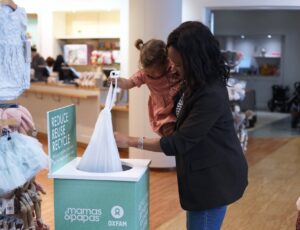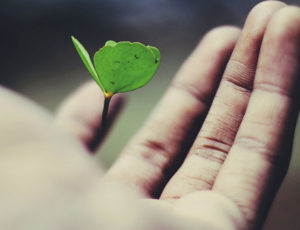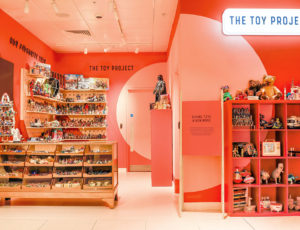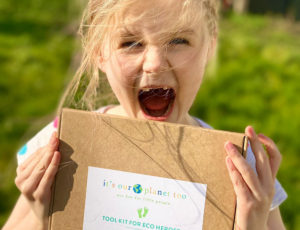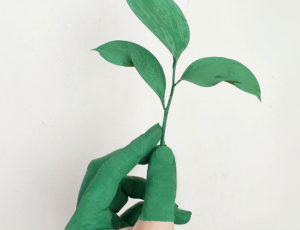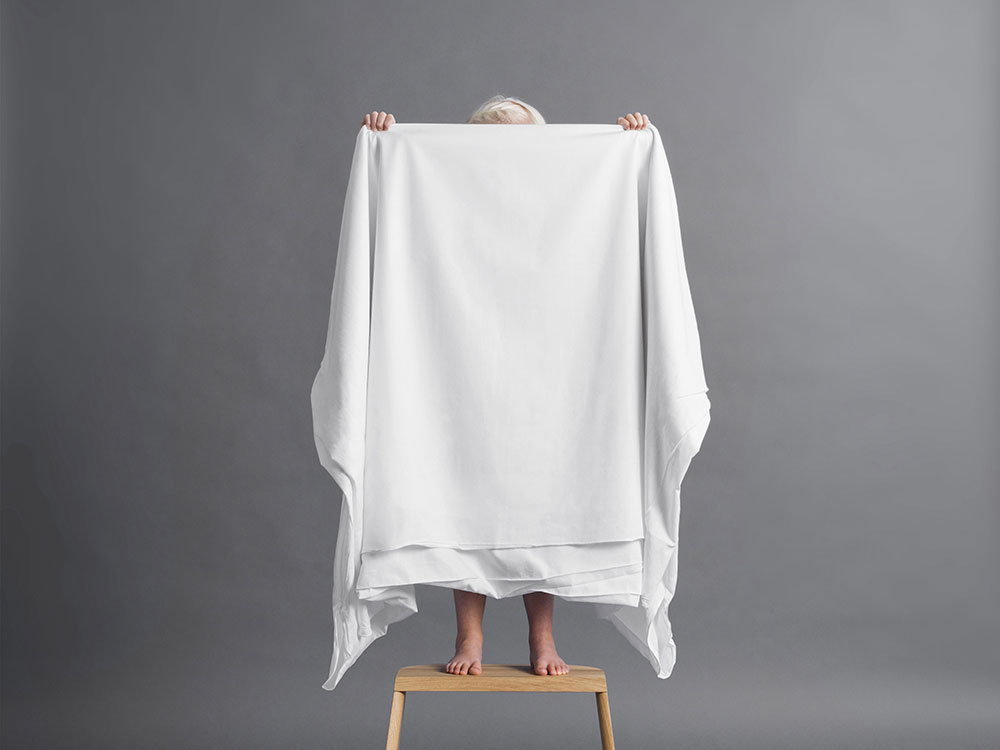
At present, no one in the world can recycle fibres from blended fabrics on a large scale. However, Södra now has a unique solution that will enable circular flows in the fashion and textile industry.
Commenting is Lars Idermark, Södra’s president and CEO. “Only a negligible proportion of the global production of clothing and textiles is recycled today. Virtually everything goes to landfill or incineration. But Swedish innovation and a willingness to help mitigate climate change can now influence the game at a global level.”
Fabrics are often made from a blend of materials, which is one of the major obstacles to textile recycling.
Södra’s new technique can separate the cotton and polyester in polycotton blends, which are one of the most widely used textiles on the market. The pure cotton fibres are then added to Södra’s wood-derived textile pulp, which can then be used to make new textiles.
“We are now redrawing the map for the fashion and textile industry by offering circular flows of textile fibres,” adds Johannes Bogren, president of Södra Cell Bioproducts. “A sweater can now become a sweater again. This will create added value for our customers and especially the fashion industry. It’s a big day for us and an equally big day for the emerging circular bioeconomy.”

Lars Idermark
During the autumn, Södra’s pulp mill at Mörrum produced pulp by adding 20 tonnes of used textiles. At present, Södra can only accept white textiles. However, the aim is to also find a decolouring solution.
The goal is also to investigate the possibility of extracting a stream of residual products from the polyester. Swedish laundry and textile service provider Berendsen delivered the test material used in the pilot project comprising end-of-life sheets, towels, tablecloths and bathrobes from hospitals and hotels.
“We will be able to accept viscose and lyocell in addition to polycotton blends,” says Helena Claesson, Södra’s project manager. “Due to the technological change in our processes, we will be needing large volumes of textiles. We are now seeking companies with high sustainability ambitions that would like to partner with us in the delivery of textiles.”
Production will commence at a low rate of 30 tonnes this year. The long-term target is to add 25,000 tonnes of textiles to the company’s pulp production.
About Södra
Founded in 1938, Södra is Sweden’s largest forest-owner association with 52,000 forest owners as its members. It conducts modern and responsible forestry and operates state-of-the-art mills in which it processes its raw material.
In 2018, sales amounted to SEK 24 billion and employees totalled 3,100. Through value-generating relationships and a long-term approach, Södra shows the way for the next generation of forestry.
Click here for further information or contact oncemore@sodra.com.






